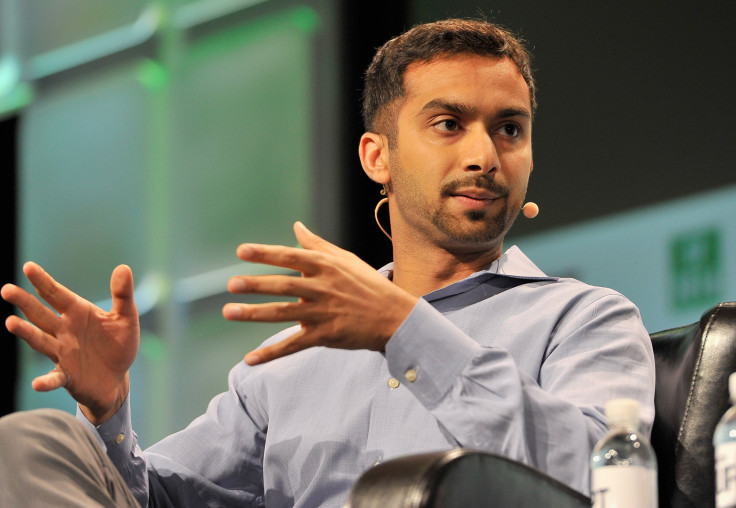How Much Do Instacart Workers Make? Deceptive Tip Policy Revealed

The grocery shopping app Instacart has officially shifted the way its employees are tipped by customers after Instacart workers revealed that money customers use for gratuity was actually being used to pay their regular wages.
In an open letter to Instacart's contracted workers published on Medium by Instacart CEO Apoorva Mehta, the grocery app founder called the tipping policy "misguided" and apologized to customers "for taking this approach."
Knowledge of Instacart's unfair compensation practices surfaced after a petition made by workers and addressed to Mehta went live through Working Washington, an advocacy group for low-wage workers. The story was then picked up by NBC News and The New York Times.
The petition detailed dramatic cuts in Instacart worker paychecks since last November after the company implemented a new payment structure. According to the petition, wages were dropped as much as 40 percent for some.
"Instacart has changed their pay structure from a predictable system where we knew what each gig would pay and why to a new model where it seems they pay as little as they’re able to get away with, and even use customer tips to get away with paying us less," the statement read. "This means they're offering very low wages that can even fall under the equivalent of the minimum wage."
In an effort to revise Instacart's earning structure for their workers, called "shoppers" by the company, Mehta promised that worker compensation would now be separated from tips, and that the "higher minimum floor payment" will be increased to between $7 and $10 in the case of a worker picking groceries as well as packing and delivering them. The minimum for delivery-only batches will be increased to $5.
"We heard loud and clear the frustration when your compensation didn’t match the effort you put forth," Mehta stated. "As we looked at some of the extreme examples that have been surfaced by you over the last few days, it’s become clear to us that we can and should do better."
In response to Mehta's statement, Working Washington published their own release on a number of their social media pages.
"In the space of two weeks, Instacart workers came together, sparked a national media sensation, and transformed the entire pay model of a $7 billion corporation," the statement read.
“In the space of two weeks, Instacart workers came together, sparked a national media sensation, and transformed the entire pay model of a $7 billion corporation.” pic.twitter.com/hsftcHNwWt
— Working Washington (@workingwa) February 6, 2019
Despite the victory for Instacart contractors, Working Washington said that the issue, as well as their mission, was far from over.
"Workers continue to call for a transparent pay structure so they can verify that what the company is going to do is what they're actually doing," they added.
© Copyright IBTimes 2024. All rights reserved.





















